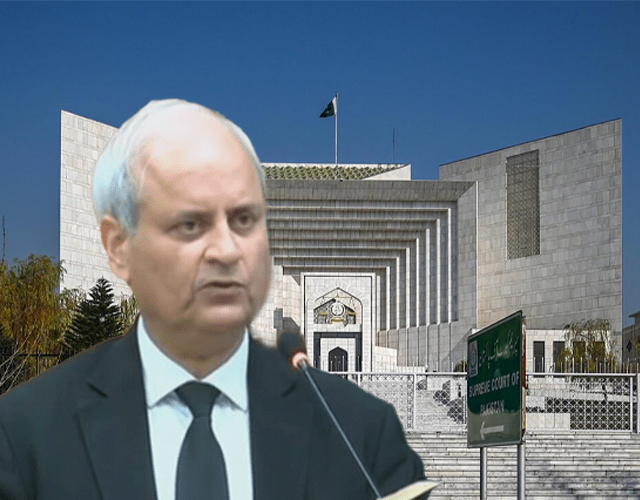The Parliamentary Committee on the Appointment of Judges has recently sanctioned the appointments of several prominent judicial figures to the Supreme Court, according to informed sources. These decisions follow recommendations put forth by the Judicial Commission, underscoring the judiciary’s evolution and its critical role in legal governance.
Chief Justice Shehzad Malik: Currently serving as the Chief Justice of Lahore High Court (LHC), Justice Shehzad Malik has been endorsed for elevation to the Supreme Court. His appointment signifies recognition of his judicial acumen and dedication to upholding the rule of law. Justice Shahid Bilal: Another noteworthy appointment approved by the committee is Justice Shahid Bilal from Lahore High Court. His selection reflects the committee’s confidence in his capabilities to contribute significantly to the Supreme Court’s jurisprudence. Chief Justice Aqeel Abbasi: From the Sindh High Court (SHC), Chief Justice Aqeel Abbasi’s approval further strengthens the diversity and expertise within the Supreme Court. His experience and judicial philosophy are expected to enrich the court’s deliberations on critical legal matters.
The approvals underscore the Parliamentary Committee’s endorsement of the appointees’ judicial competence and commitment to upholding the rule of law. Each judge brings a wealth of experience and expertise, poised to address complex legal issues and influence the direction of the nation’s highest court.
These appointments occur amidst ongoing discussions concerning judicial roles and pronouncements within the Supreme Court. They highlight the evolving nature of the judiciary and its pivotal role in shaping legal precedents and policies that impact the nation.
The newly appointed judges are anticipated to play pivotal roles in addressing significant legal challenges and shaping the future trajectory of the Supreme Court. Their insights and decisions will likely influence national legal frameworks and policies for years to come.



